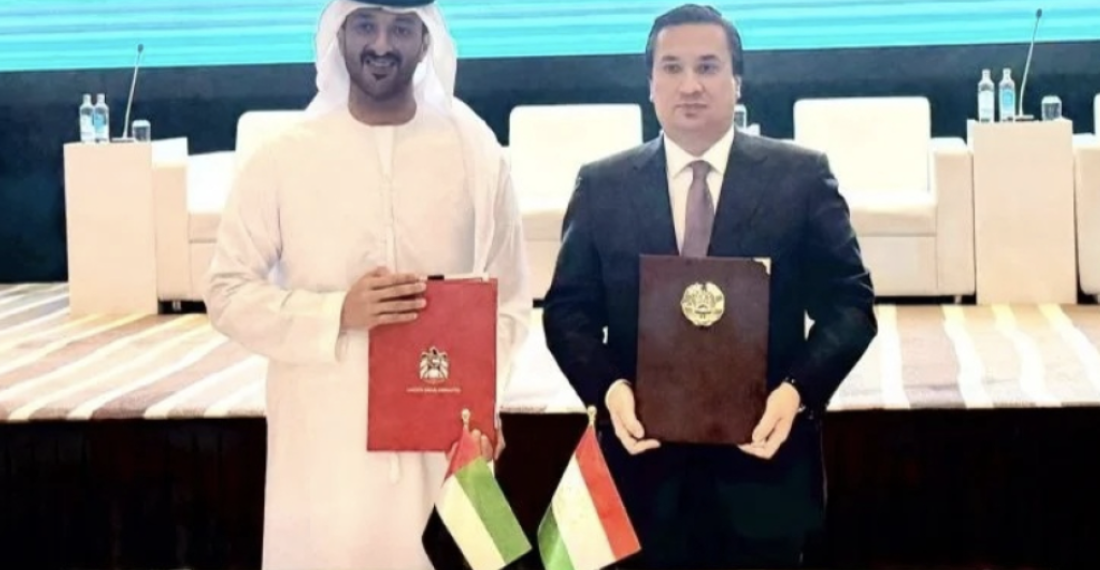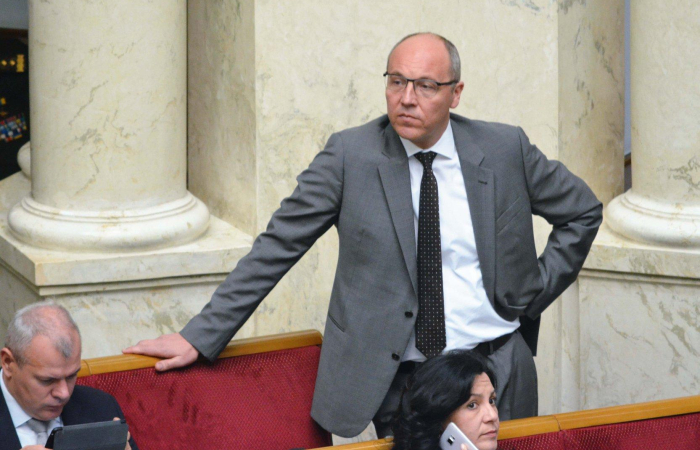Today (18 July), Tajikistan and the United Arab Emirates signed an intergovernmental agreement on air transport cooperation, marking a significant development in strengthening ties between Central Asia and the Gulf region.
Signed by Habibullo Nazardzoda, head of Tajikistan’s Civil Aviation Agency, and UAE Minister of Economy and Tourism Abdulla bin Touq Al Marri, the agreement paves the way for closer collaboration in civil aviation, cargo and passenger services. It enables Tajik airlines to operate direct and transit flights through the UAE, creating new routes beyond the current Somon Air and FlyDubai connections between Dushanbe and Dubai.
Officials from both countries described the pact as a “significant step” towards strategic cooperation. They also discussed expanding flight services, simplifying travel formalities and launching new routes between Dushanbe and Sharjah or Abu Dhabi. Earlier this month, it was reported that bilateral trade had doubled, adding momentum to the push for enhanced air ties.
This agreement could boost regional air travel by providing landlocked Tajikistan with direct access to Gulf markets and beyond. It will support economic growth, boost tourism and advance diplomatic relations between the two nations.






